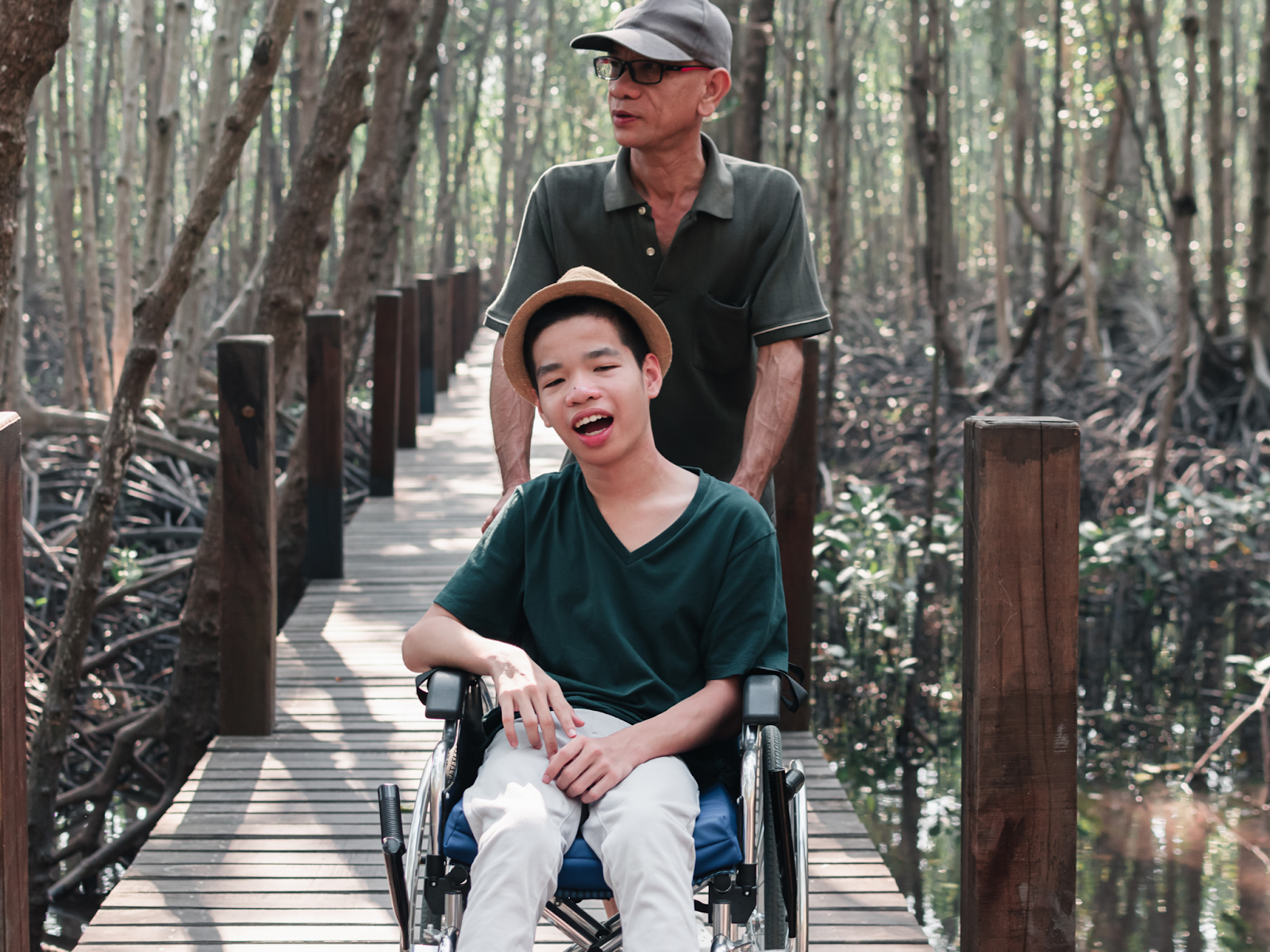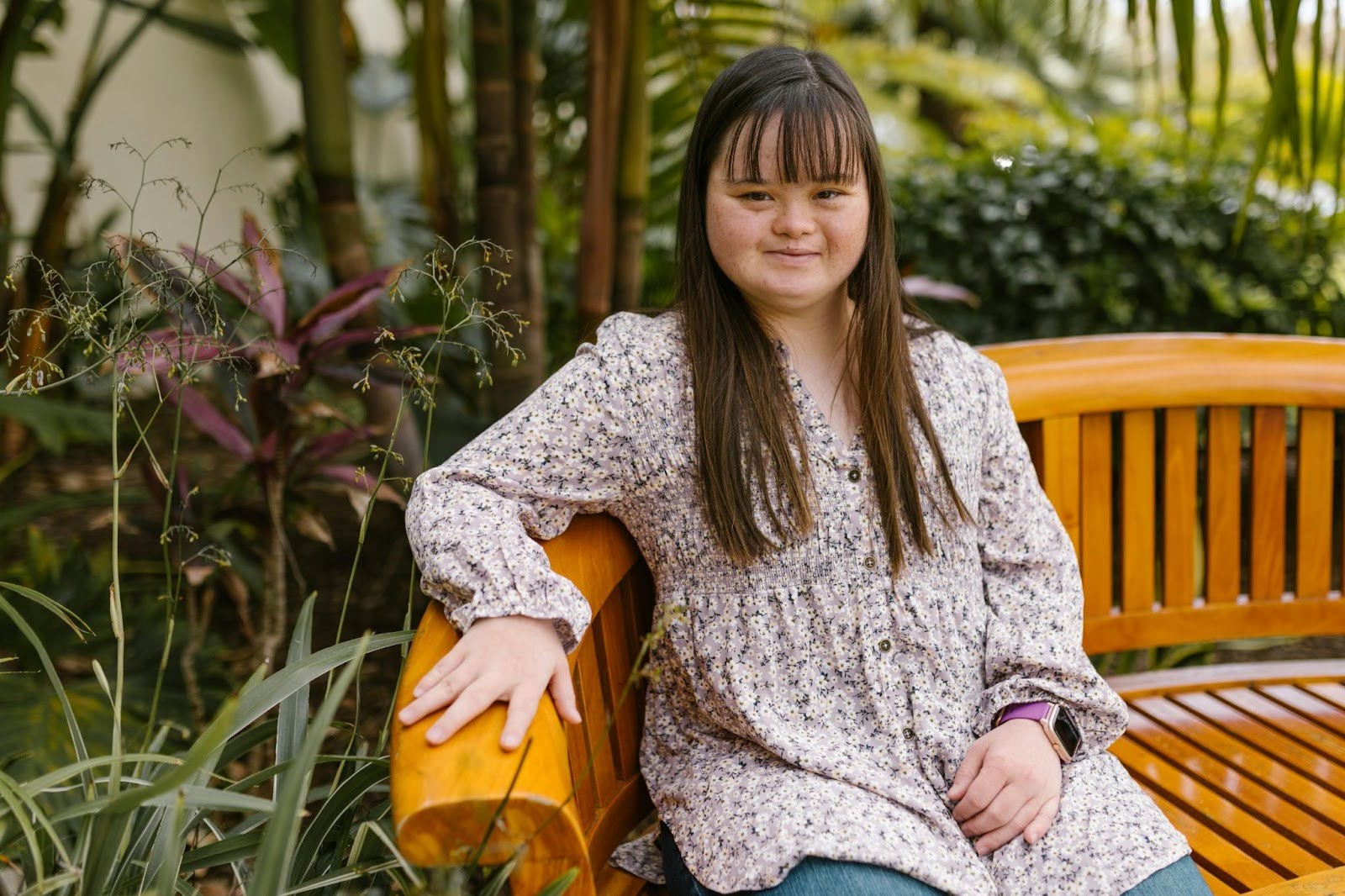In the Self-Determination Program (SDP), your person-centered plan (PCP) is more than another piece of paperwork. It’s a powerful tool to help you live the life you want. In NeuroNav’s recent webinar, Elyse Campbell and Suzy Requarth shared what makes a PCP meaningful, how to revisit and refine your plan over time, and how to use it to strengthen your voice in budget conversations.
Whether you’re creating your first PCP or updating one you’ve had for years, the goal is the same: tell your story in a way that inspires action and preserves the supports you need.
Why Make a Person-Centered Plan?
A PCP is designed for you, first and foremost. It gives you a chance to:
- Introduce yourself in a way that reflects who you are, what you value, and the life you want to live.
- Describe the supports you need to create or maintain that life.
- Turn your priorities into a concrete action plan for the year ahead.
Elyse, an independent facilitator, explains that with NeuroNav, it’s a very collaborative process. “We really take the time to get to know you as a person.”
Unlike an Individual Program Plan (IPP), which is more system-driven and focused on eligibility and services, a PCP paints the full picture of you as a whole person, not just your diagnoses or care needs. It’s not about self-improvement for the sake of it; it’s about building the life you choose.
There is a common misconception that being honest about your abilities or preferences means you’ll get fewer services. In reality, a PCP isn’t about “sugar coating” support needs. It helps describe your needs in context, capturing both strengths and challenges, so your supports remain aligned with your real life.
By framing your needs thoughtfully, you can communicate effectively without minimizing them.
=How a PCP Helps in SDP
When you’re enrolled in the Self-Determination Program, you’ll answer many questions: What’s working? What needs to change? What brings you joy?
A PCP gives you the space to answer these questions, and more, in your own words. You can share your passions, what gets you out of bed in the morning, who you want involved in planning, and the vision you have for your life.
How a PCP Leads to a Clear Action Plan
Because your PCP reflects your priorities, it becomes the foundation for creating a clear action plan. It can help you identify services that will help you reach your goals, explore new options outside of traditional services, and provide detailed information to justify your budget.
When presented alongside your IPP, your PCP helps ensure your voice is at the center of every decision.
Using Your PCP to Know if Your Supports Are Working
A PCP is more than a snapshot of who you are as a person: it’s a tool for reflection. By revisiting it regularly, you can check if your goals are still relevant and see where and how you’re making progress.
Ask yourself:
- Have things changed since last year?
- Are my supports helping me move towards my goals?
- Do I need to adjust my plan or try a new approach?
Progress doesn’t have to be perfect. What matters is that your plan continues to move you in the right direction.
PCP as a Living Document
One of the most significant strengths of a PCP is its flexibility. “We can always update the person-centered plan.” Elyse reminded webinar participants. “It does not need to be perfect.”
Life changes. Your likes, needs, goals, and circumstances will evolve, and your PCP should reflect that. You don’t have to wait until your next annual meeting to make changes. Your independent facilitator can help you update your PCP at any time.
The more current and complete your PCP is, the more useful it will be as a tool in your SDP journey.
Get The Support You Need with NeuroNav
Creating or refining a PCP can feel like a big task, but you don’t have to do it alone. NeuroNav’s independent facilitation services guide you through every step, helping you tell your story in a way that reflects who you are and supports the life you want to live.
Schedule a consultation today and take the next step in your self-determination journey!
Want to hear more from Elyse and Suzy? Watch the full webinar now for even more insights, examples, and practical tips you can use when building your own plan.




